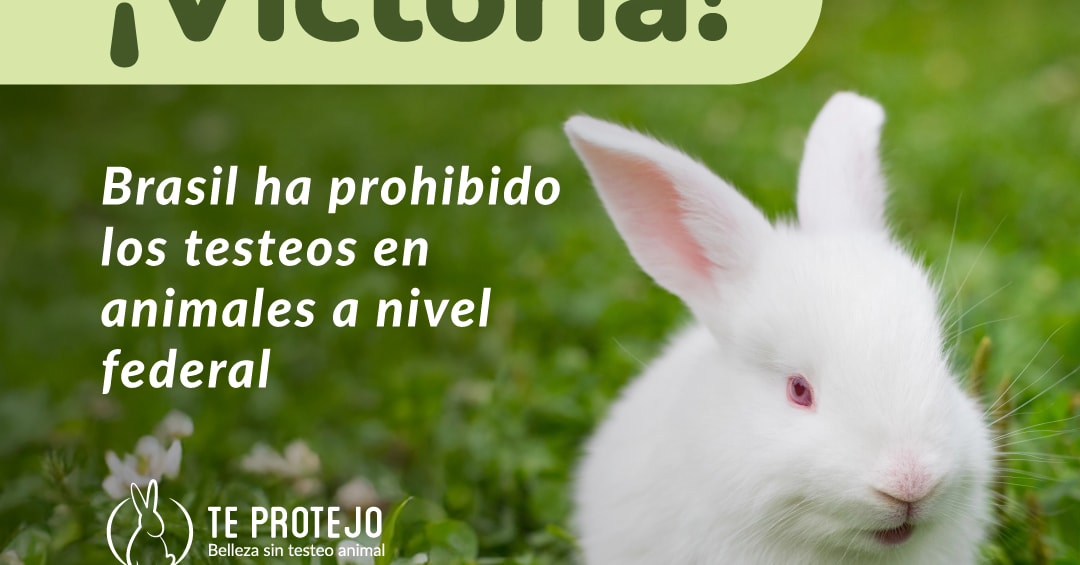Hi everyone! I’m excited to share another update from Legal Impact for Chickens with y’all.
Yesterday we filed a lawsuit against dairy company Alexandre Family Farm. The suit alleges the company poured table salt into cows’ eyes, dragged disabled cows across concrete, and starved them. The lawsuit comes on the heels of Farm Forward’s April exposé that revealed “systemic deception, cruelty, and animal abuse.”
Please find a full press release here and below, and the complaint here. If you’d like more information, or to speak with the legal team, just let me know.
Thank you,
Sage
__
Egregious Cruelty: Humboldt Farm Sued for Putting Salt in Cows’ Eyes, Starving Cattle
For Immediate Release: October 1, 2024
Contact: Sage Max, (352) 327-1282, sage@legalimpactforchickens.org
Humboldt County, CA – A well-known dairy has poured table salt into cows’ eyes, dragged disabled cows across concrete, and starved them: These are the allegations that California-based animal-welfare organization Legal Impact for Chickens made yesterday in a lawsuit against Alexandre Family Farm. The complaint, filed in Humboldt County Superior Court, outlines this and other rampant cruelty alleged at the facility. California cruelty laws mandate that farmed animals be provided with adequate food and proper husbandry.
The lawsuit comes on the heels of an April exposé revealing this and other “systemic deception, cruelty, and animal abuse” at the well-known dairy. The exposé was released by animal-welfare charity Farm Forward with the help of rancher whistleblowers who came forward to bring these activities to light.
“The scenes that play out at Alexandre Family Farm should exist only in this season’s new horror movie, but it’s real animals being violently dragged and forced to endure the agony of stinging salt in their eyes,” says Legal Impact for Chickens President Alene Anello. “Californians don’t stand for such flagrant violation of animal-care standards or the law. We look forward to seeing Alexandre Family Farm answer to these actions in court.”
With products sold at Whole Foods Market, Alexandre calls itself “America’s First Certified Regenerative Dairy” and advertises its products as certified organic–but the Regenerative Organic Alliance condemned Alexandre’s “wrongdoings” and had already suspended Alexandre’s certification based on its own investigation. The Northeast Organic Dairy Producers Alliance (NODPA) has also spoken out against Alexandre’s cruelty.
About Legal Impact for Chickens
Legal Impact for Chickens (LIC) is a California-based society for the prevention of cruelty to animals and a 501(c)(3) charity. As featured in the Washington Post, LIC advocates for farmed animals by civilly enforcing existing cruelty laws in an agricultural context. Follow the group on X, Facebook, Instagram, or LinkedIn.


